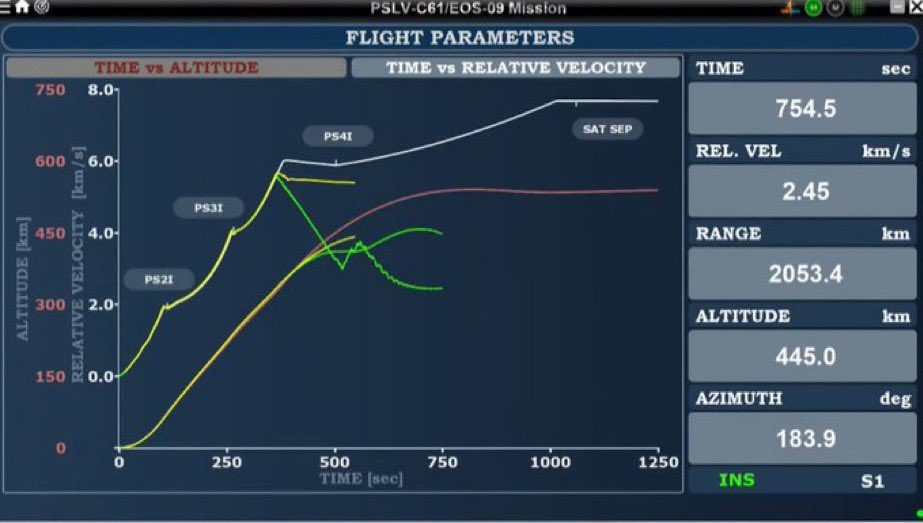It’s a fantastic time to be following spaceflight. Just whenmuch looked lost with the Obama administration’s cancellation of thereturn-to-the-Moon Constellation programme and the end of the Space Shuttle era,the US Congress has turned around and given NASA the money to develop a rocketcapable of taking astronauts and hardware into deep space, a beautifulcomplement to the low-Earth orbit transportation capabilities being developedby private sector firms ranging from increasingly-mighty SpaceX to tiny Xcor,with its Lynx suborbital spaceplane.
But to stop there would be to make an assumption thatAmericans – and many Europeans – so often make. Spaceflight is no longer anAmerican and Russian domain; Europe is aserious player driving some of the most exciting developments we can lookforward to over the next decade.
Before 2011 is out, the European Space Agency will beoperating three launchers. October will see the first of many Soyuz launchesfrom French Guiana, followed quickly by themaiden flight of ESA’s Vega rocket. Those two will give ESA medium and lightoptions alongside its super-reliable Ariane 5 heavylifter. And, Vegadevelopments in the pipeline promise to turn it into a supremely flexiblevehicle.
ESA will also this year begin launching Europe’sGalileo navigation constellation, and is readying the third Automated TransferVehicle mission to the International Space Station – which recently tookdelivery of its largest-ever scientific payload, he ESA-built alpha-magnetic spectrometer, a 6.9t particledetector physicists hope will help unravel the secrets of so-called “darkmatter”.
Meanwhile, ESAis readying the 2014 launch of BepiColumbo, an innovative mission toMercury, and awaiting the “return from Mars” of six astronauts who are spending500 days in isolation in a mock-up spacecraft near Moscow; they’ve beensimulating a mission to the red planet, to find out whether a crew can reallycope with such a long expedition so far from home.
By year-end we may even find out that the world’s next spaceshuttle could be a UKproject. If testing of a radical hybrid engine project goes to plan,Oxford-based Reaction Engines is set to cut loose on development of its Skylonunmanned spaceplane concept, which promises to make single-stage-to-orbitflight a reality.
I’ll be reporting from Flightglobal’s London headquarters on these and other Europeancontributions to the increasingly global and collaborative human project thatis spaceflight.







